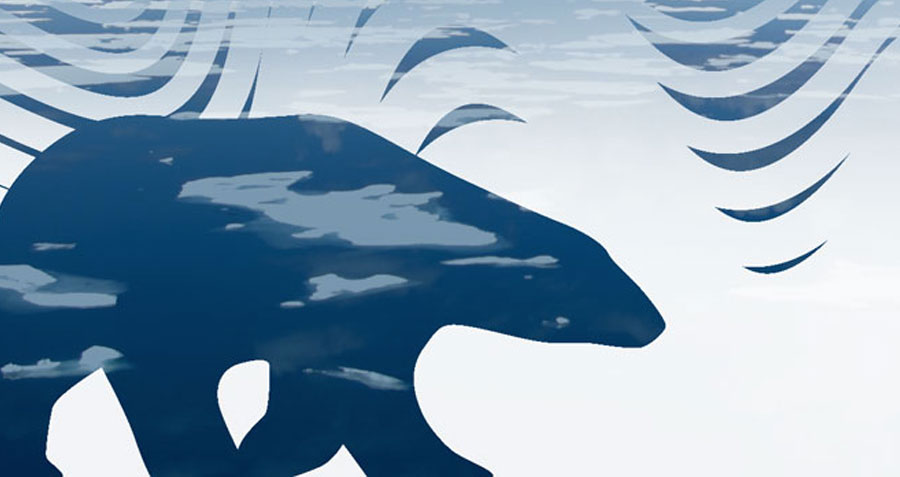
Introduction to the Arctic: Climate
Introduction to the Arctic: Climate examines the environment and climate of the circumpolar North. Learn why the Arctic is cold and ice covered and how that impacts its climate and ecosystems.
Take online for free
Sign up for free on Coursera today or upgrade to get a certificate.
Take for credit
U of A students can sign up for EAS 215 (1 credit) and access the course through eClass.
About the Course
The University of Alberta, the UiT The Arctic University of Norway and the University of the Arctic invite you to explore this four week course that examines the environment and climate of the circumpolar North.
This course is the result of an international collaboration and provides you with an insight into our planet's North.
Following an overview of regional geography, we will focus on the cryosphere (ice), as well as the atmosphere and ocean of the region.
We will learn why the Arctic is cold and ice covered, and how that impacts its climate and ecosystems. We will also consider how the Arctic is connected to the rest of the world.
Finally, we will examine present day climate change, the processes driving it, and evidence for it in the Arctic, before looking at the implications in the rapidly evolving North.
Explore the arctic in this unique three-part MOOC series brought to you by the University of Alberta and UiT the Arctic University of Norway. Enroll in each course today, or take them separately and take them at your own pace to learn the climate, economy, and development of the Arctic regions.
- Introduction to the Arctic: Climate
- Arctic Economy
- Arctic Development
Take the course for free & gain insight into our planet's North.
Modules:
- Arctic Environments
- Climate Systems
- The Cryosphere
- Implications of Climate Change
Curriculum Alignment
Taking the course as an Alberta junior high or high school student? Introduction to the Arctic: Climate content aligns with parts of the Alberta curriculum for Science 8, 10, and 20. Learn how U of A MOOCs align with Alberta's secondary curricula.
Instructor
Paul Myers, Professor
Department of Earth and Atmospheric Sciences, University of Alberta
Paul has been active in the Canadian Meteorological and Oceanographic Society (CMOS), both locally in the Alberta Chapter (which he has chaired), in congress organization, as well as nationally. Paul was the president of CMOS in 2007-2008. He is also the chair of the Canadian National Committee for the Scientific Committee on Ocean Research. Paul's current research focuses on the role of freshwater in the oceans, as well as links between the Arctic and North Atlantic Oceans.
Paul's main geographical areas of research are the Canadian Arctic Archipelago, Baffin Bay, the sub-polar North Atlantic and the Labrador Sea.
